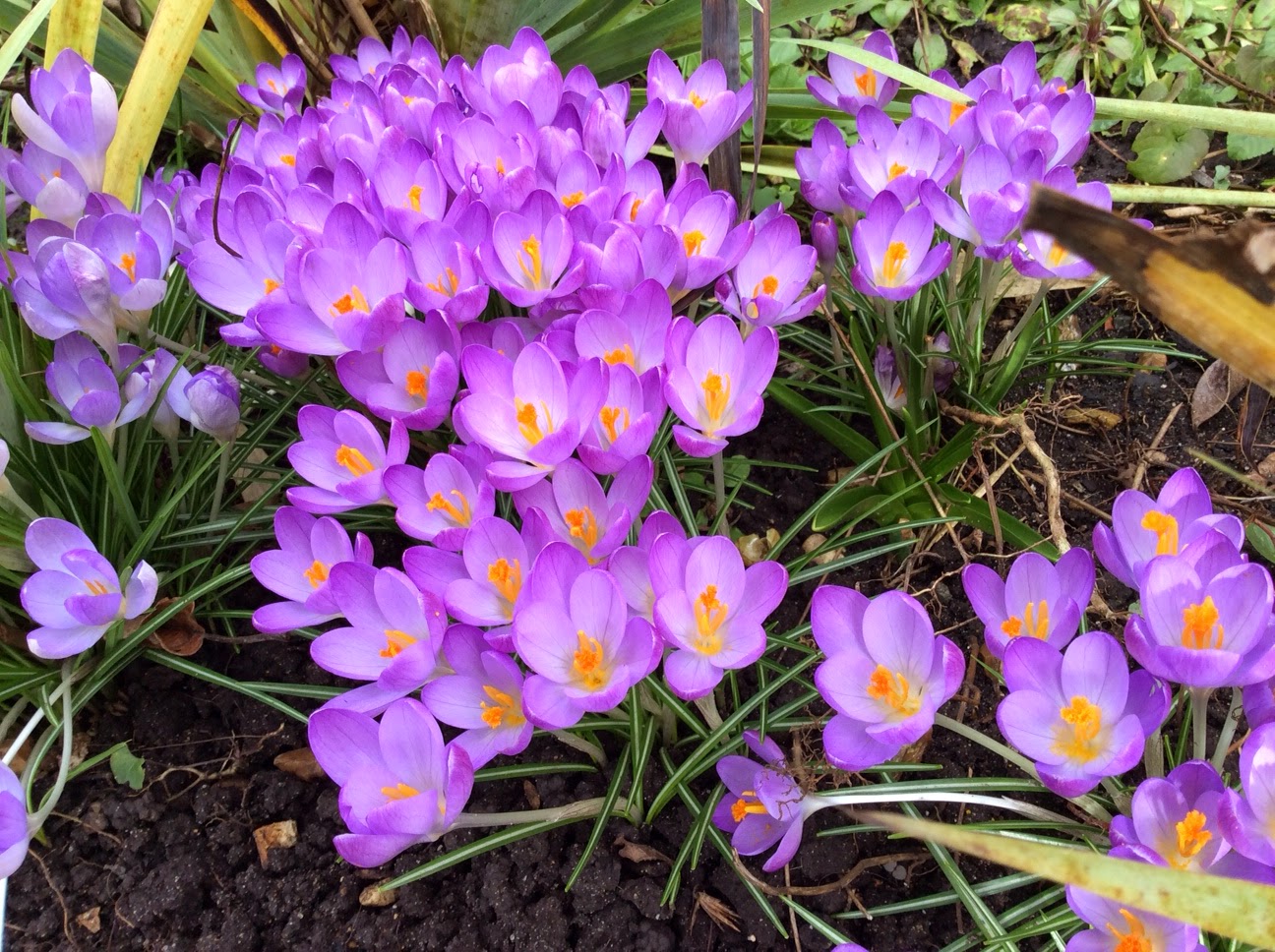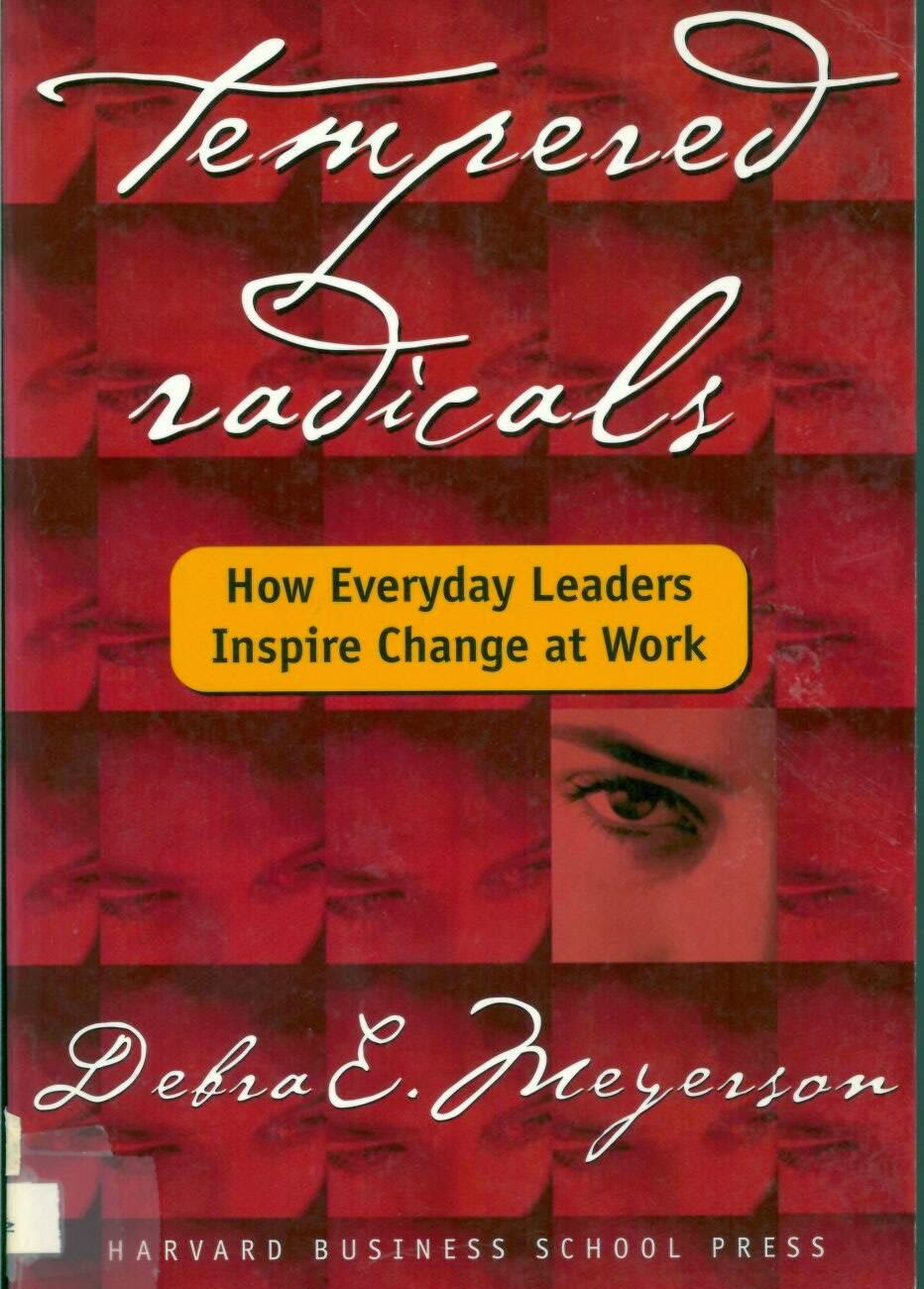Advent Series number 4
I will upload the recording after the service on Sunday. Meanwhile here are the thoughts for discussion What makes us fearful about the future? How ever optimistic we are, fear plays a lesser or greater part in our thinking about the future. We fear what we do not know. The art of living confidently is to acknowledge fear when it creeps in rather than deny it. By acknowledging it we go some way to robbing fear of its power over us. What do we fear about the future of our church? How much is that mind-set controlling our thoughts and attitudes? How do we meet fear with Faith? How is Faith different from clutching at straws? How can we build each other up in faith? Mary could not have gone through with God’s plan without the support of Joseph. When events take an unexpected turn do we look for others who will support us? How do we support without patronising them by either over simplifying their concern or by sharing a defeatist attitude? Joseph’s response was changed by a dream


